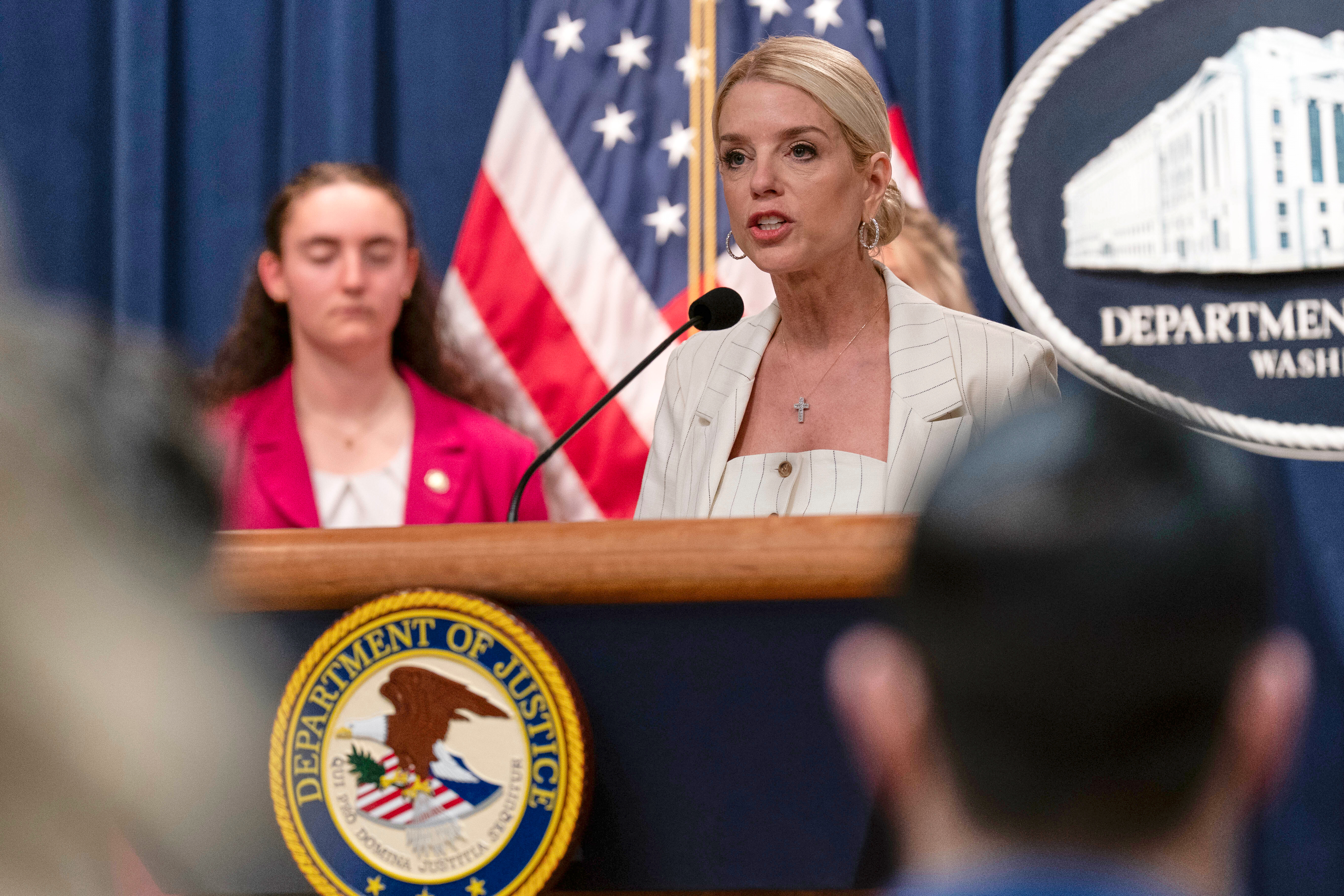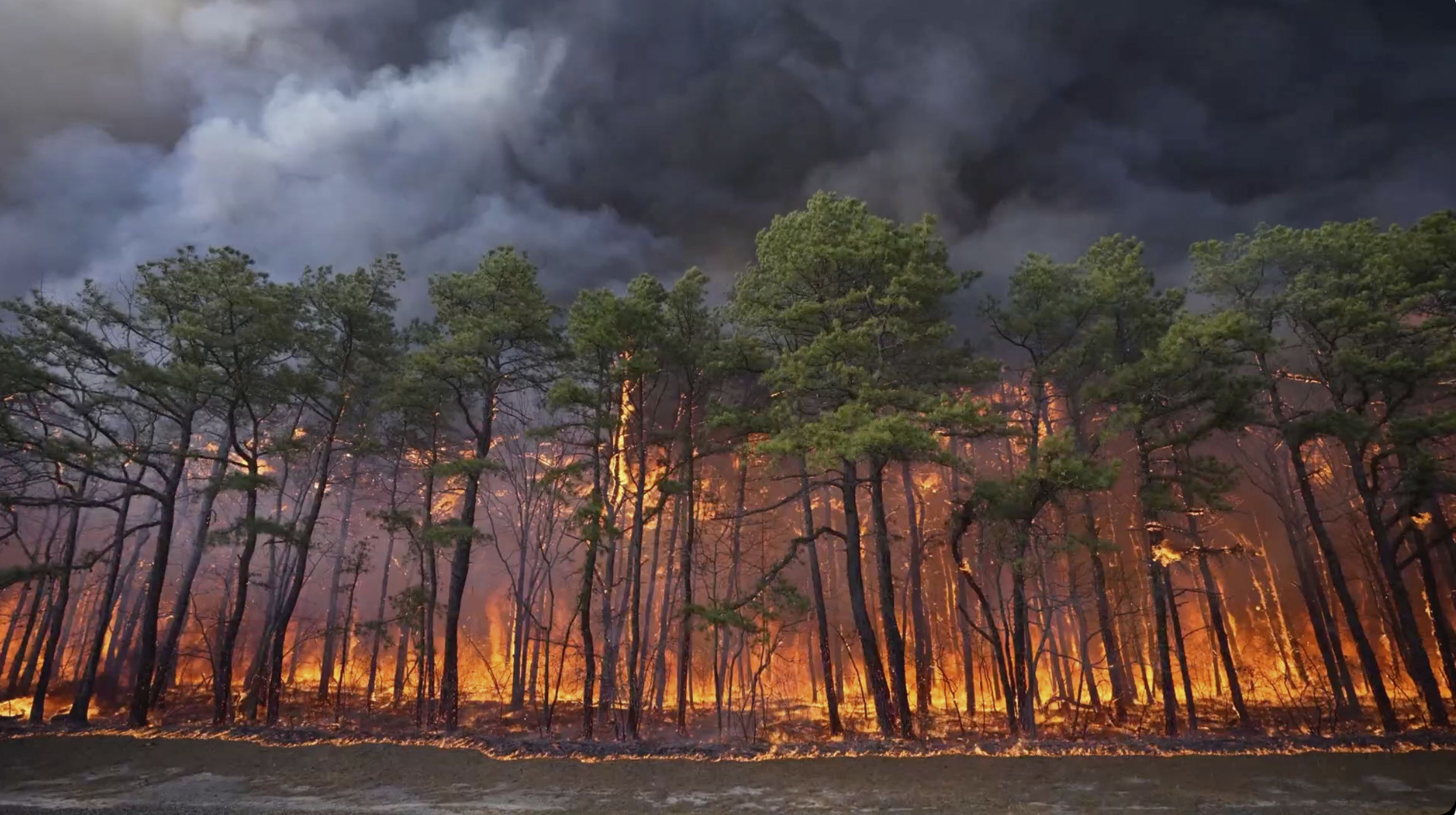A changing of the seasons often brings with it a new kind of beauty, as trees and plants awaken from a deep winter slumber. And now researchers at Johns Hopkins Medicine say climate change could be to blame for making nasal and sinus conditions worse.
Dr. Jean Kim has spent decades studying allergies and immunology at Johns Hopkins. And in recent years, she's noticed something: an uptick in the number of patients coming in with sinus and nasal problems.
"It was the patients that instigated this," Kim explained.
What Kim and her colleagues have found is that global warming is contributing to an increase in the number of people suffering from nasal and sinus diseases. It's also making those conditions more severe.

UN report: We're losing progress in fight against climate change
A new report finds Earth will likely hit a critical climate change threshold in the coming years.
"What we found was the rate of temperature increase seemed to mirror the rise of allergic disease," she added.
An estimated 25 million Americans deal with asthma each year. And 50 million Americans experience allergy problems in a given year. The problem is so widespread that each year, we spend $28 billion on allergy treatment medicines, like nasal spray and allergy pills.
"It's really a wakeup call and a call to action," Kim added.
But what can you do to reduce your exposure to possible allergy triggers? Experts say to stay indoors on dry, windy days; avoid lawn mowing or weed pulling — that stirs up allergens; and remove clothes you've worn outside and shower to rinse pollen from your skin.










